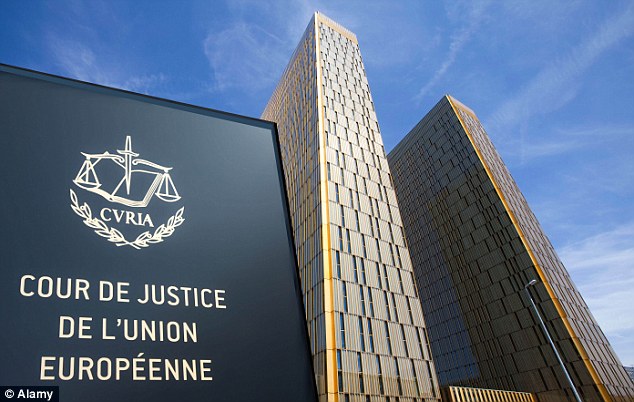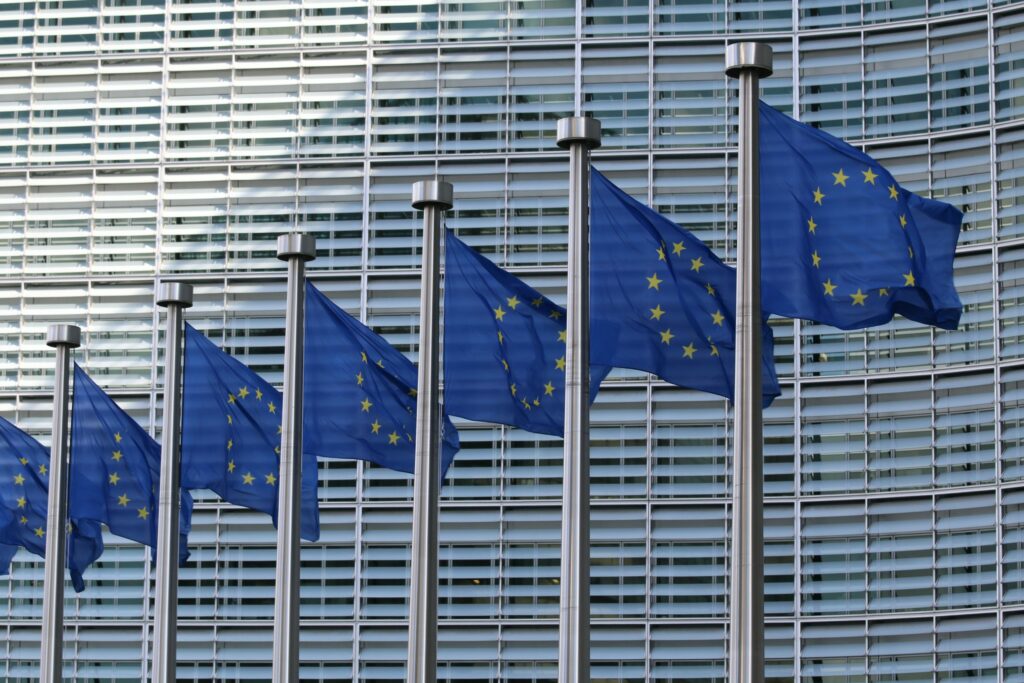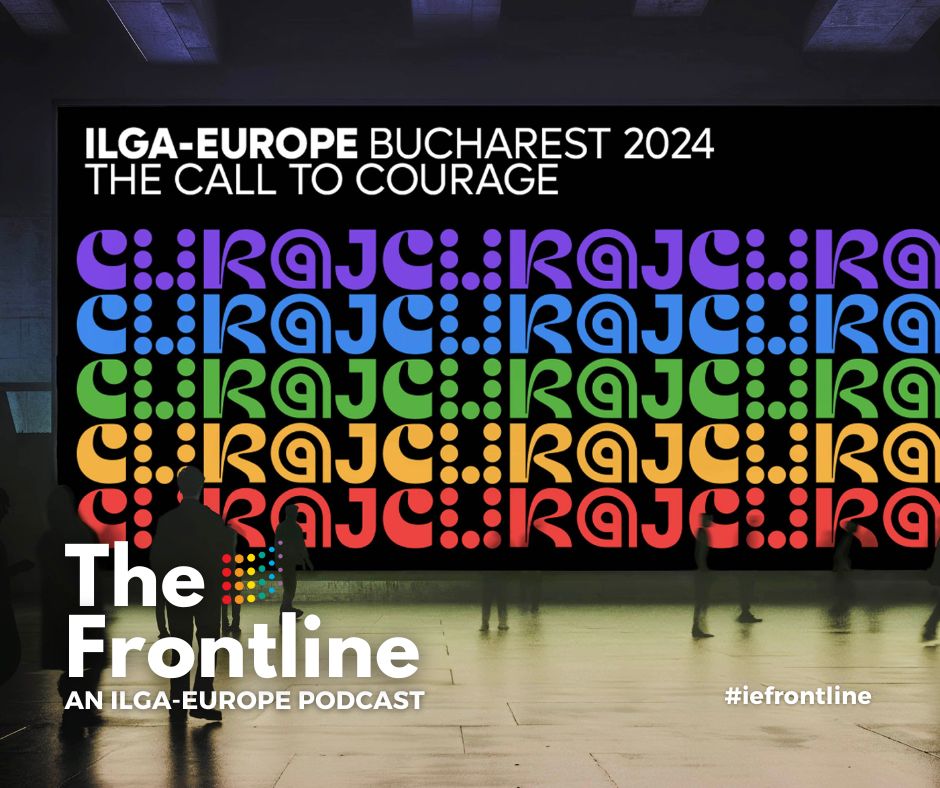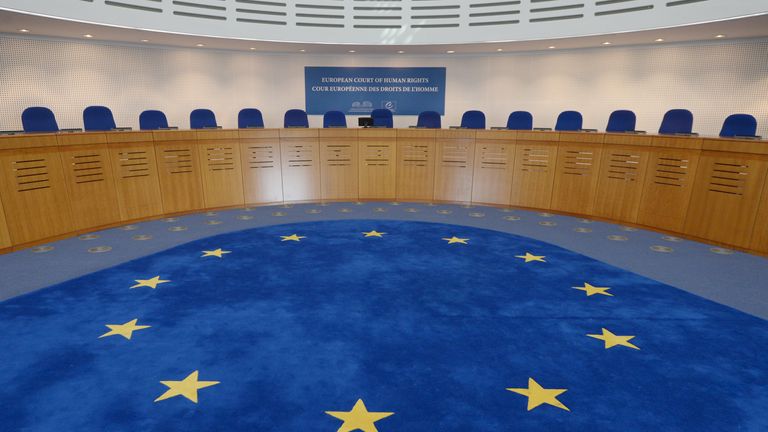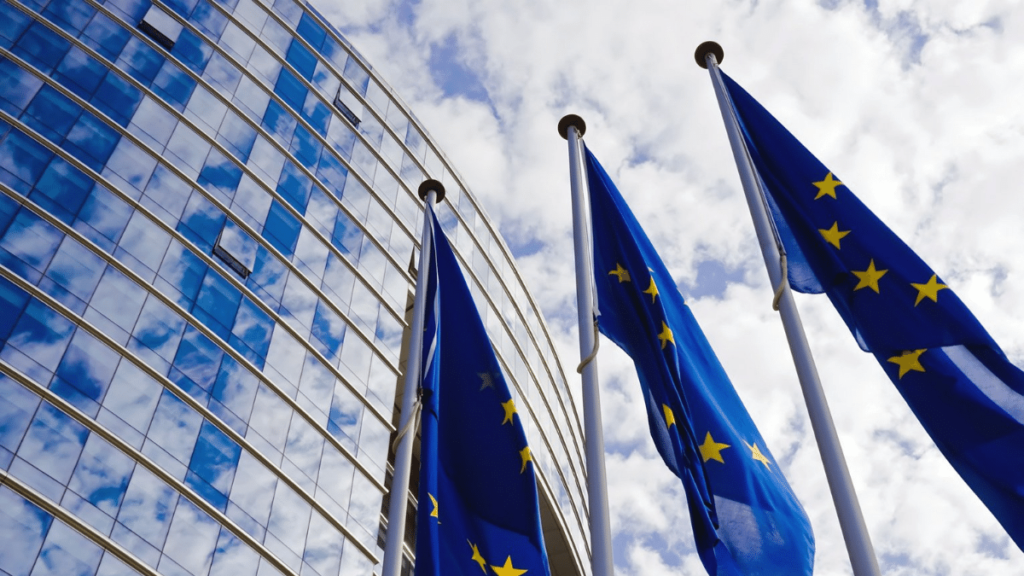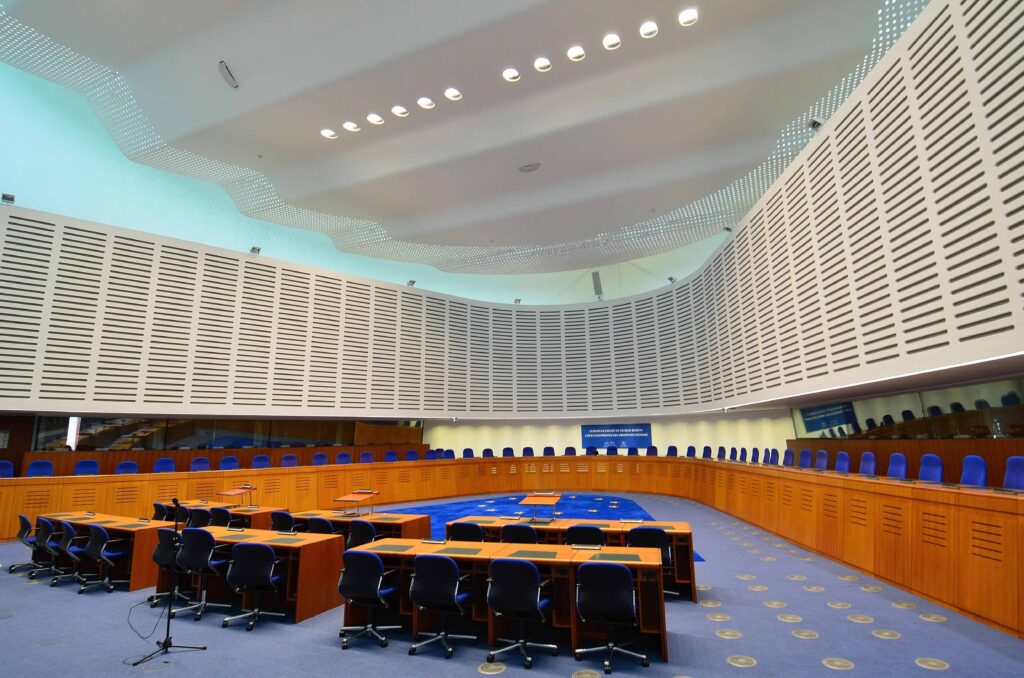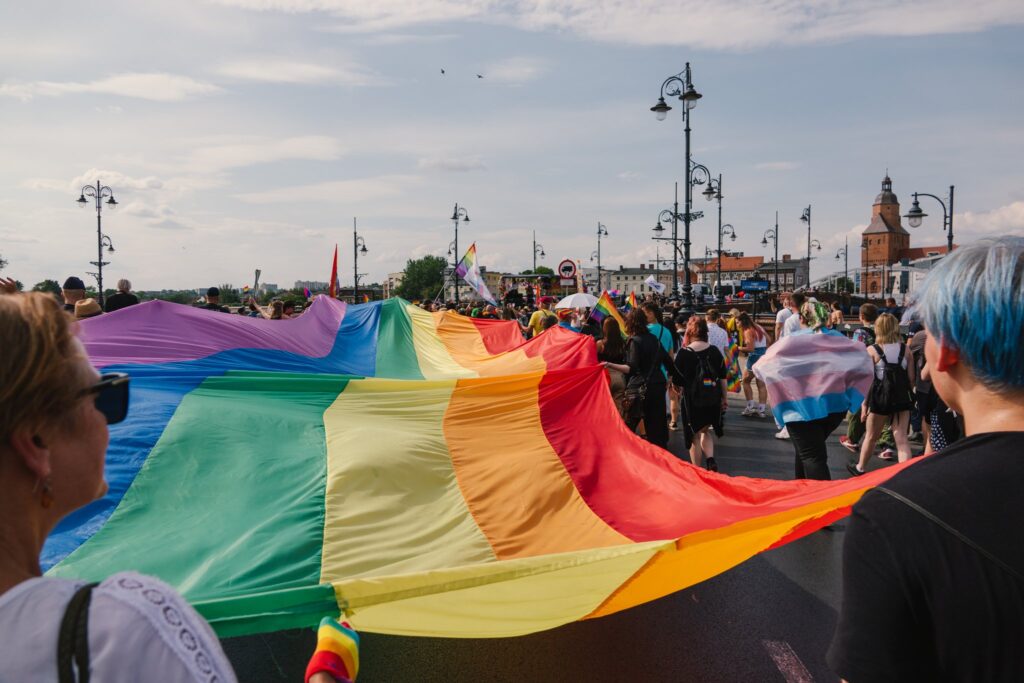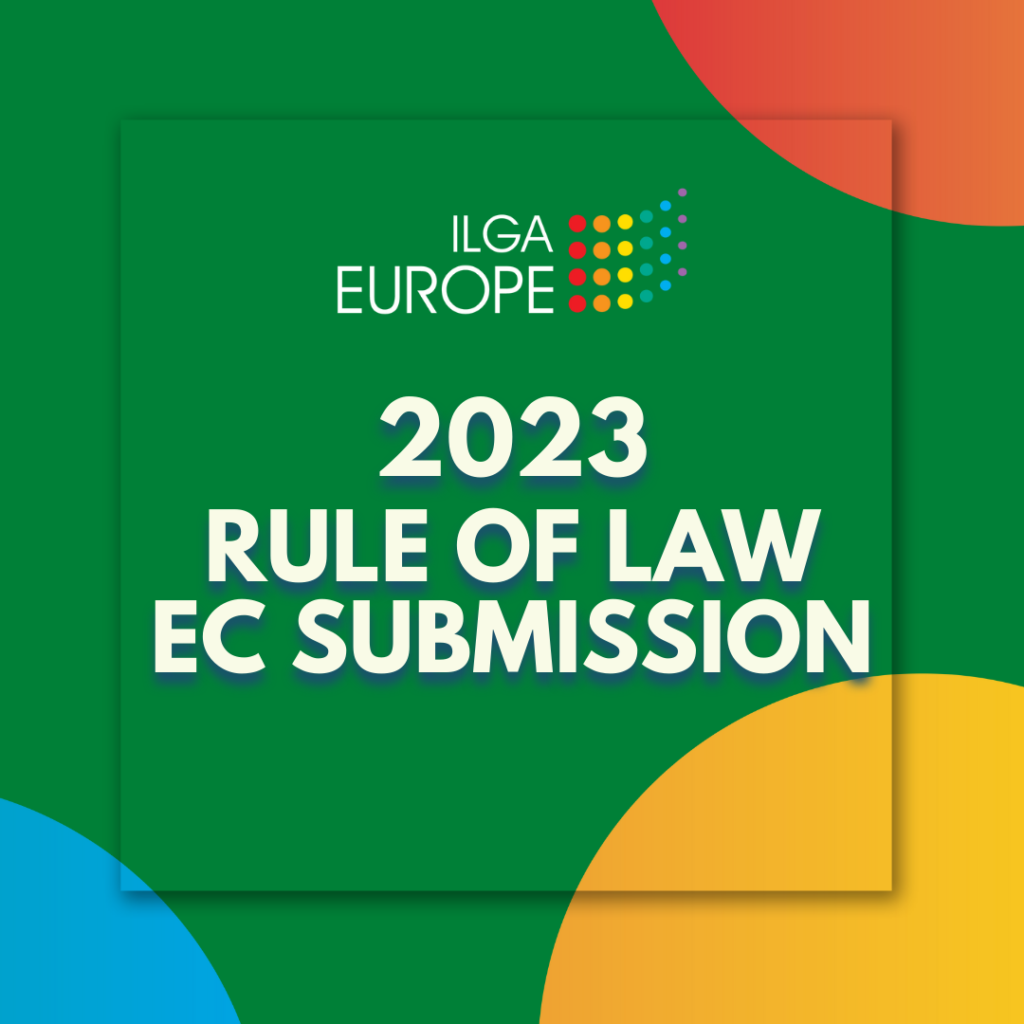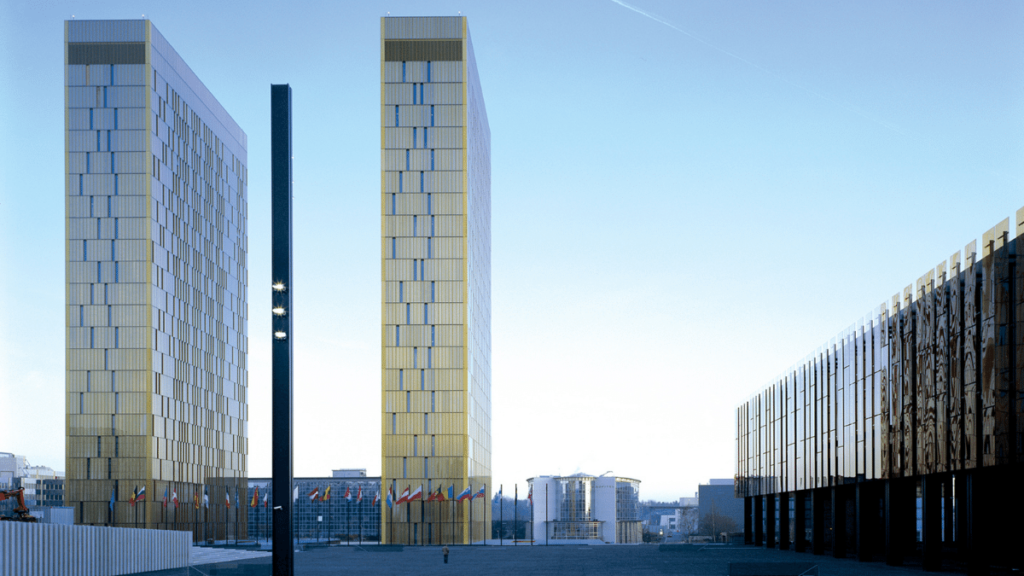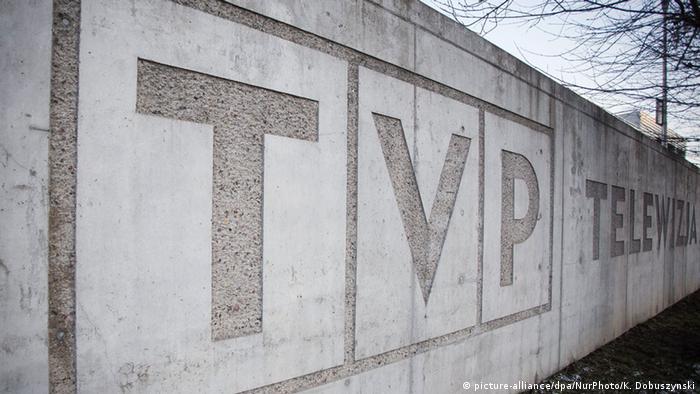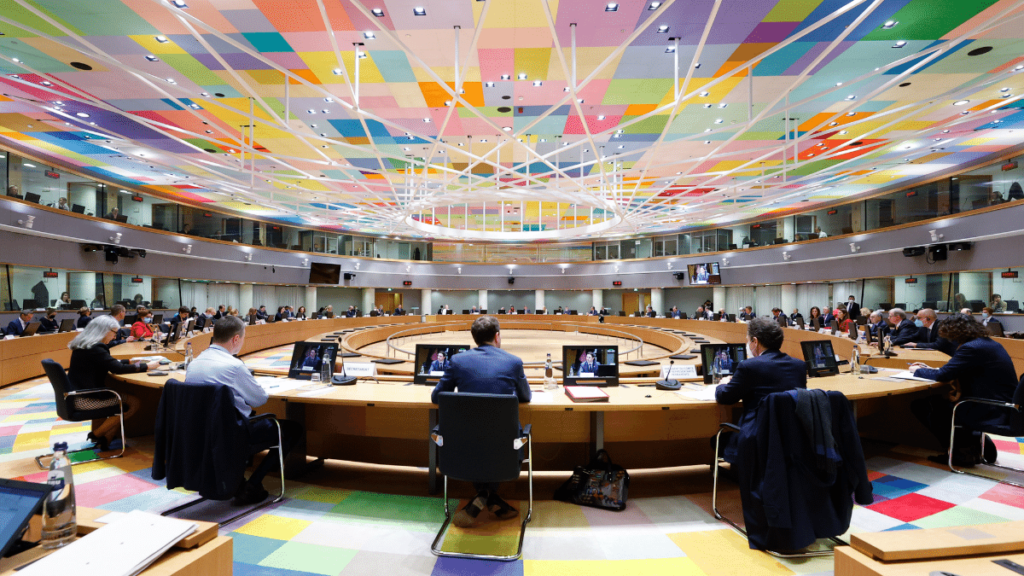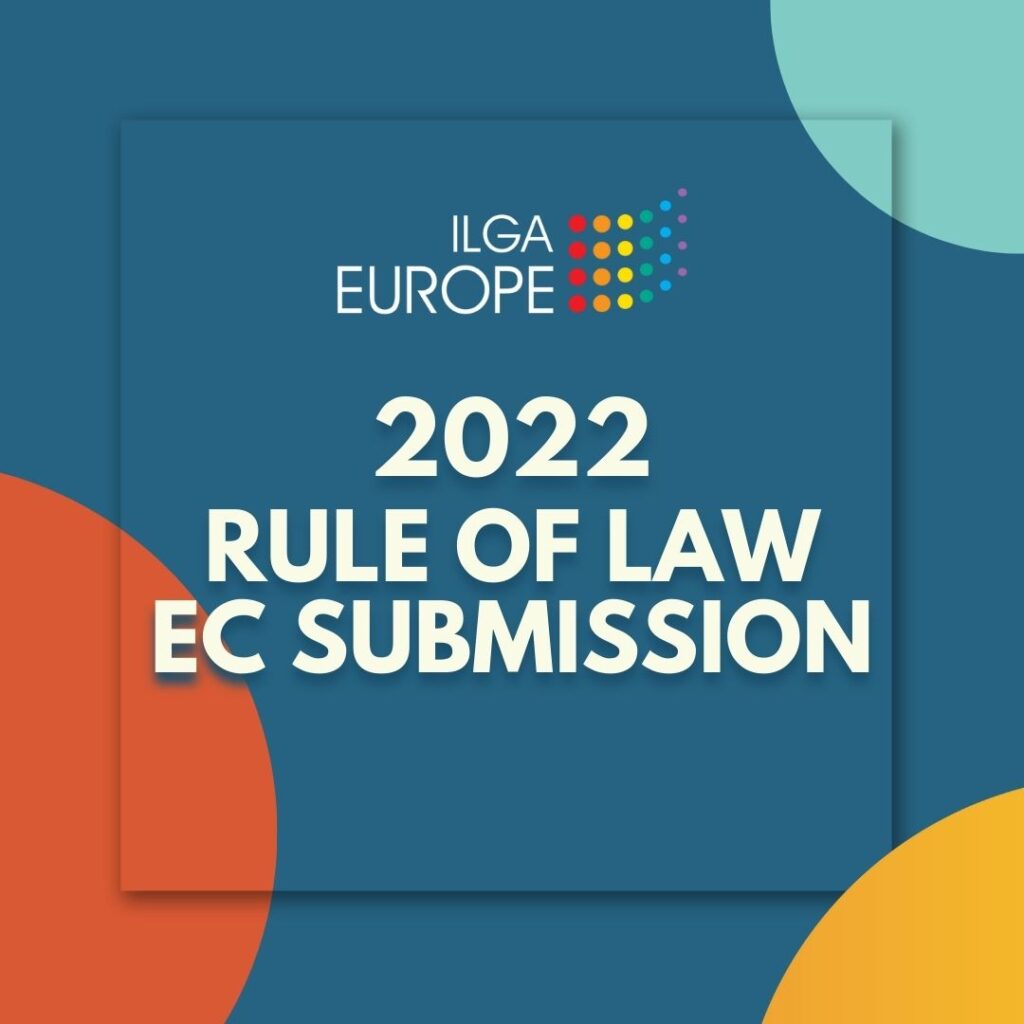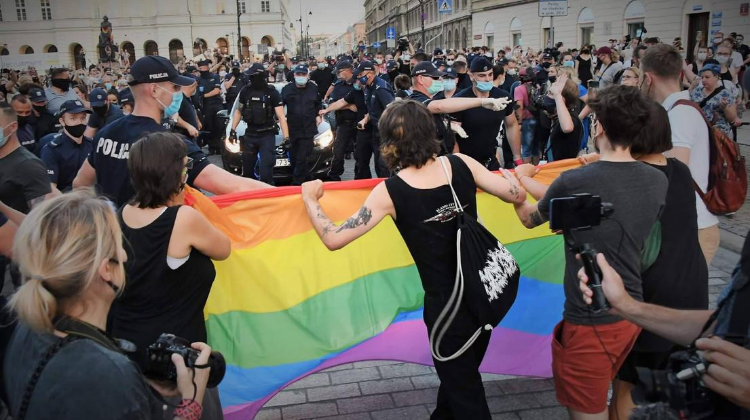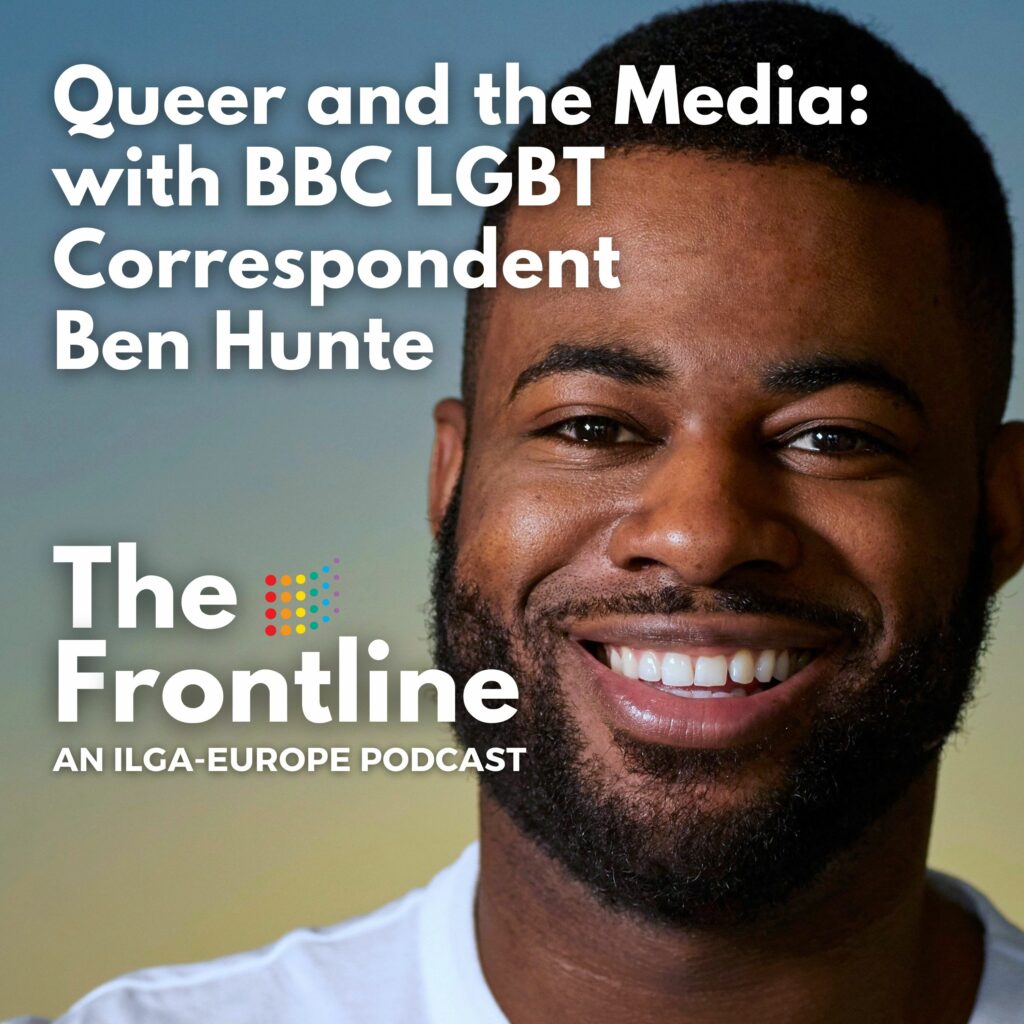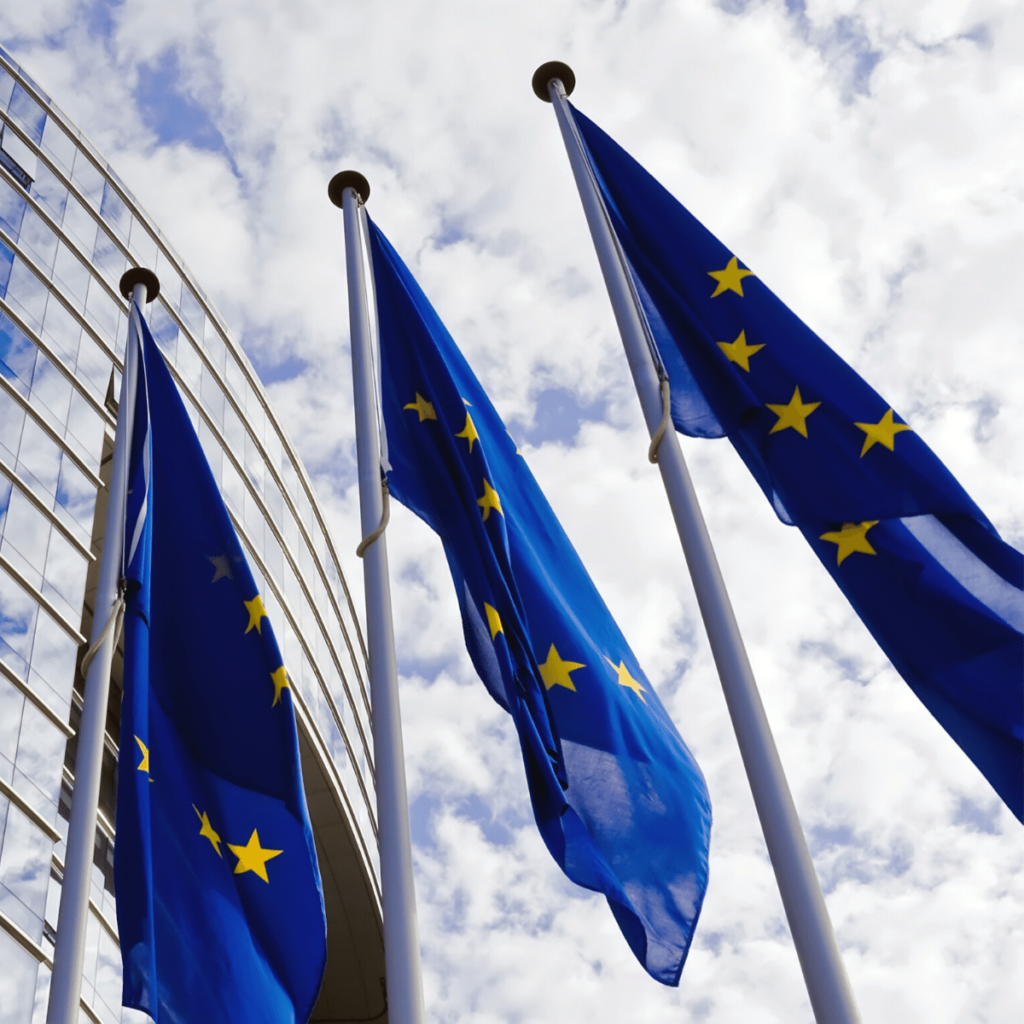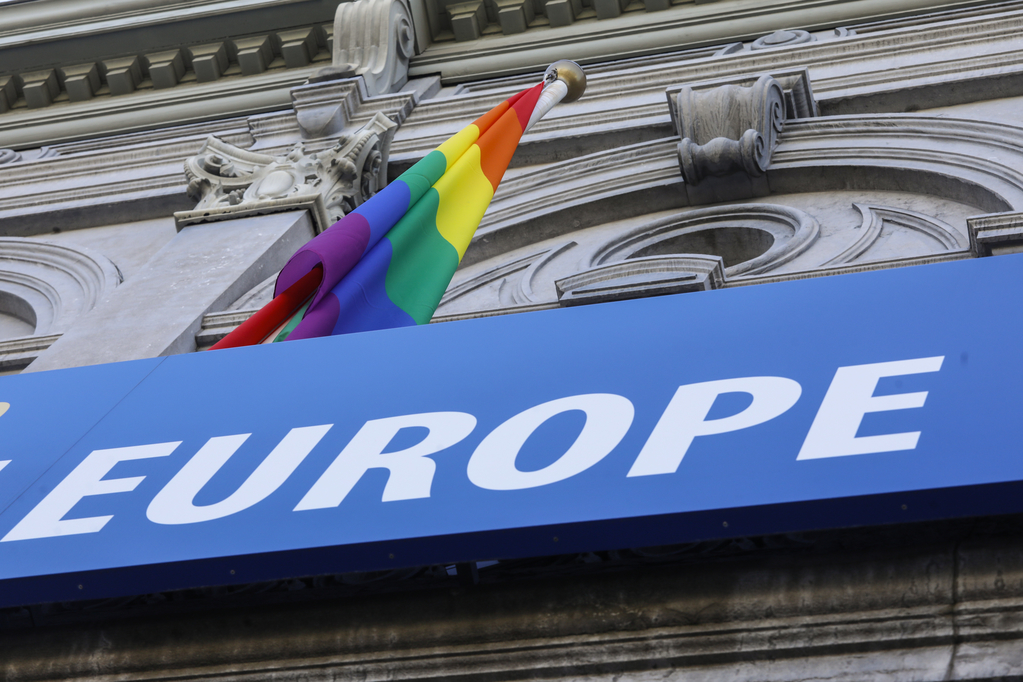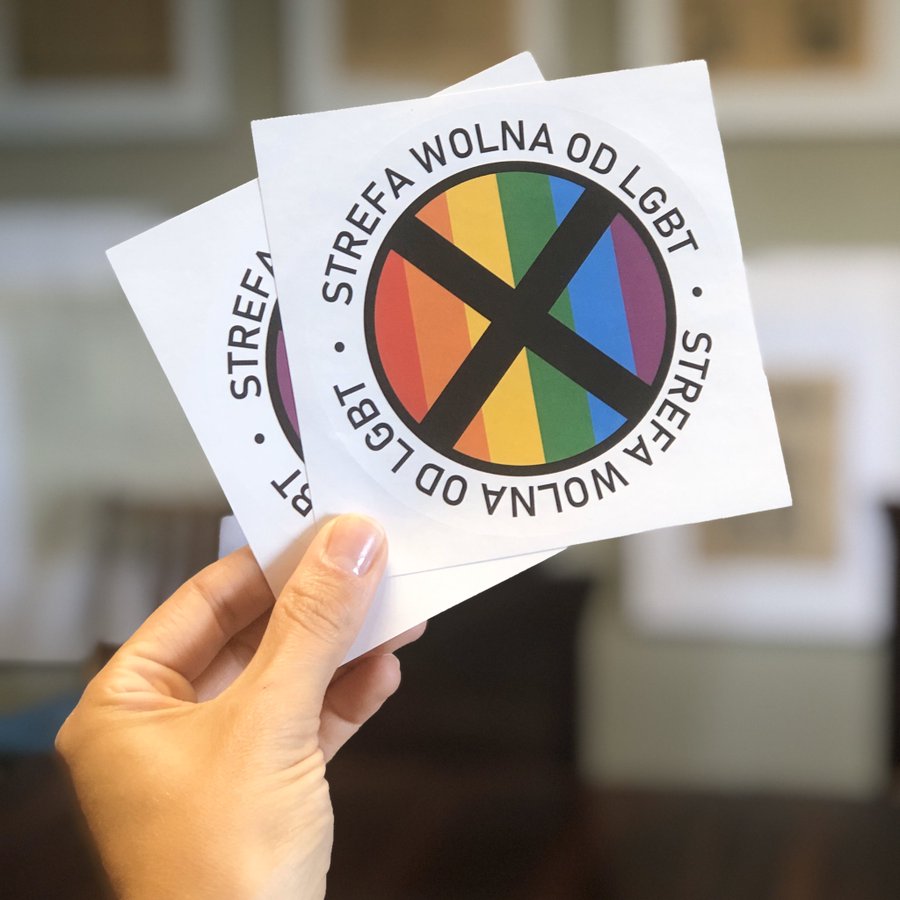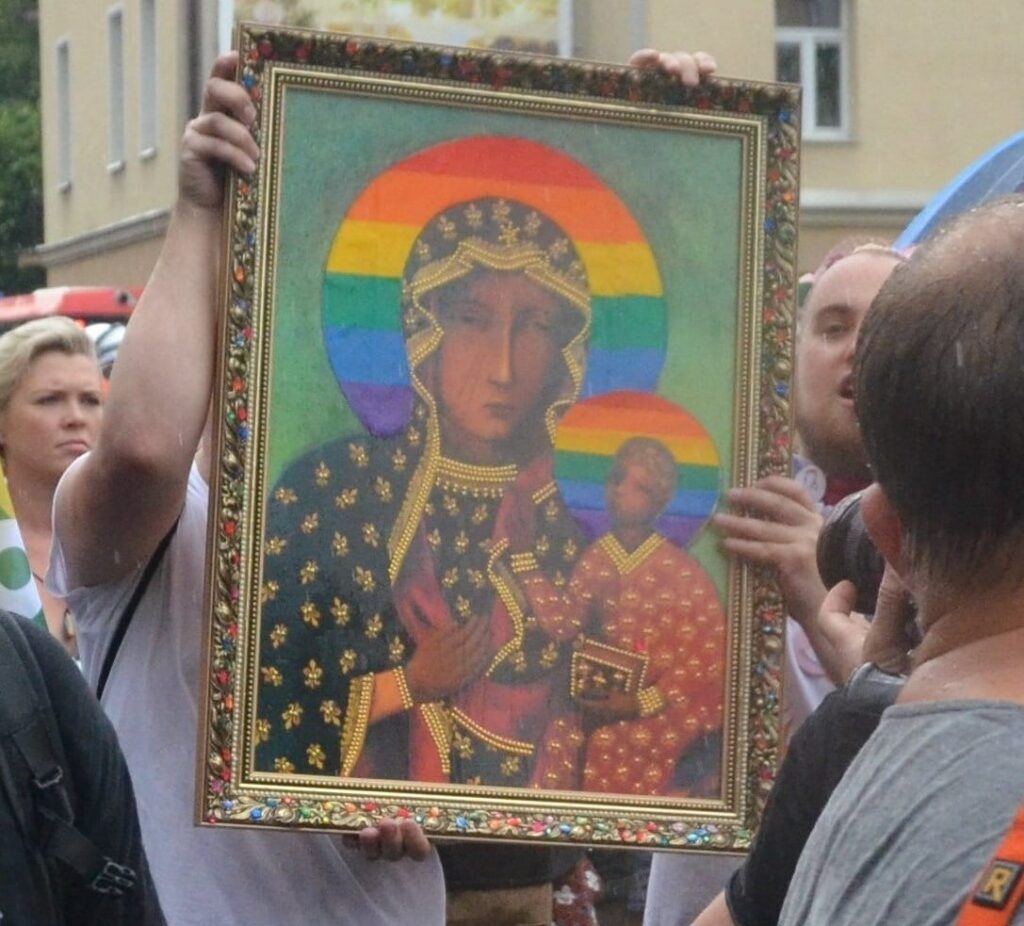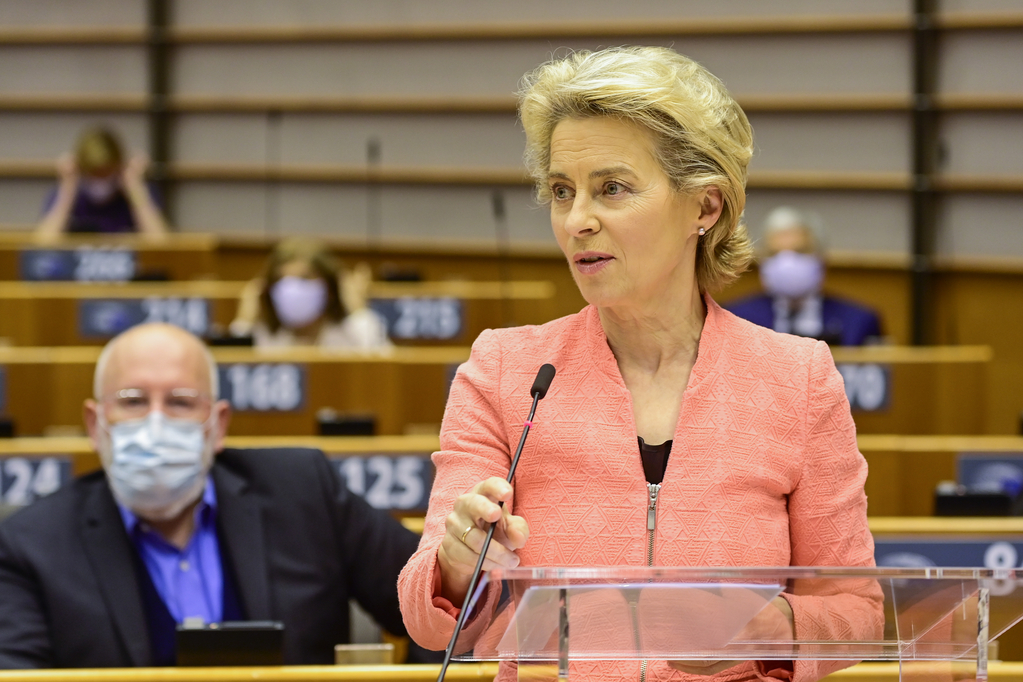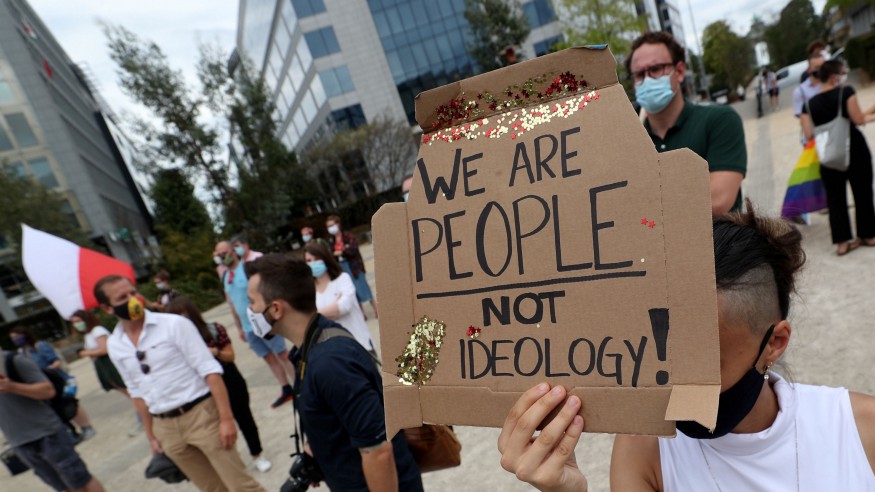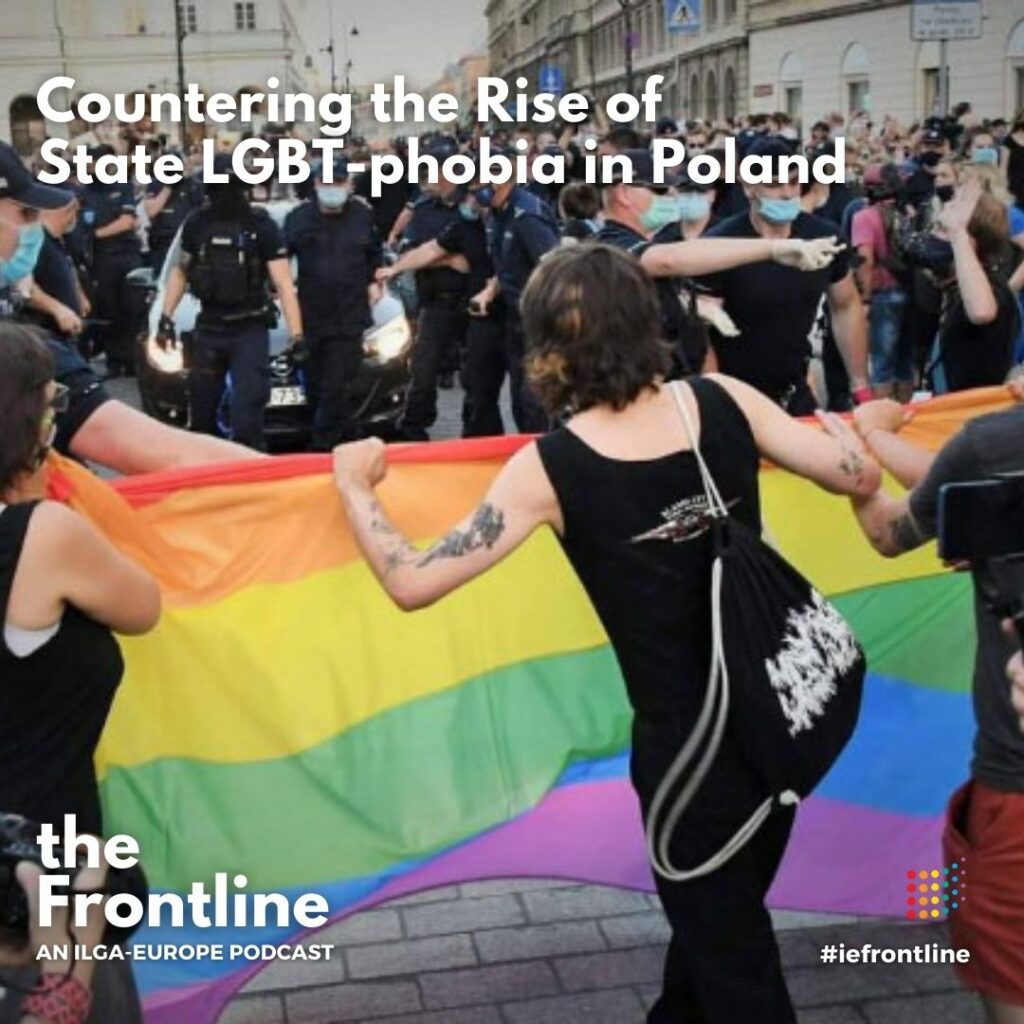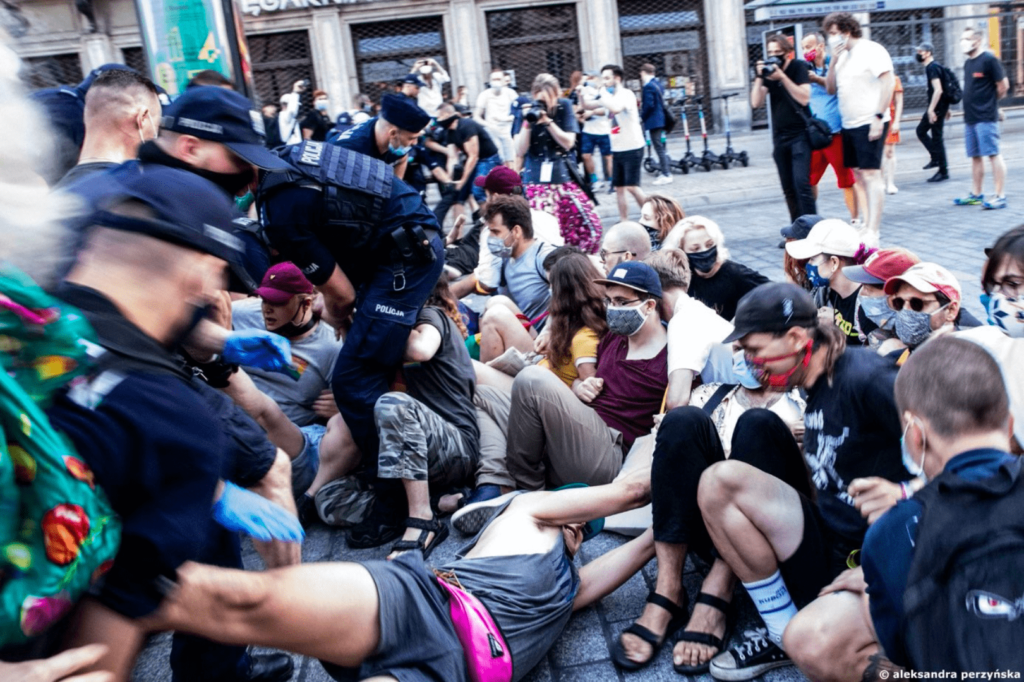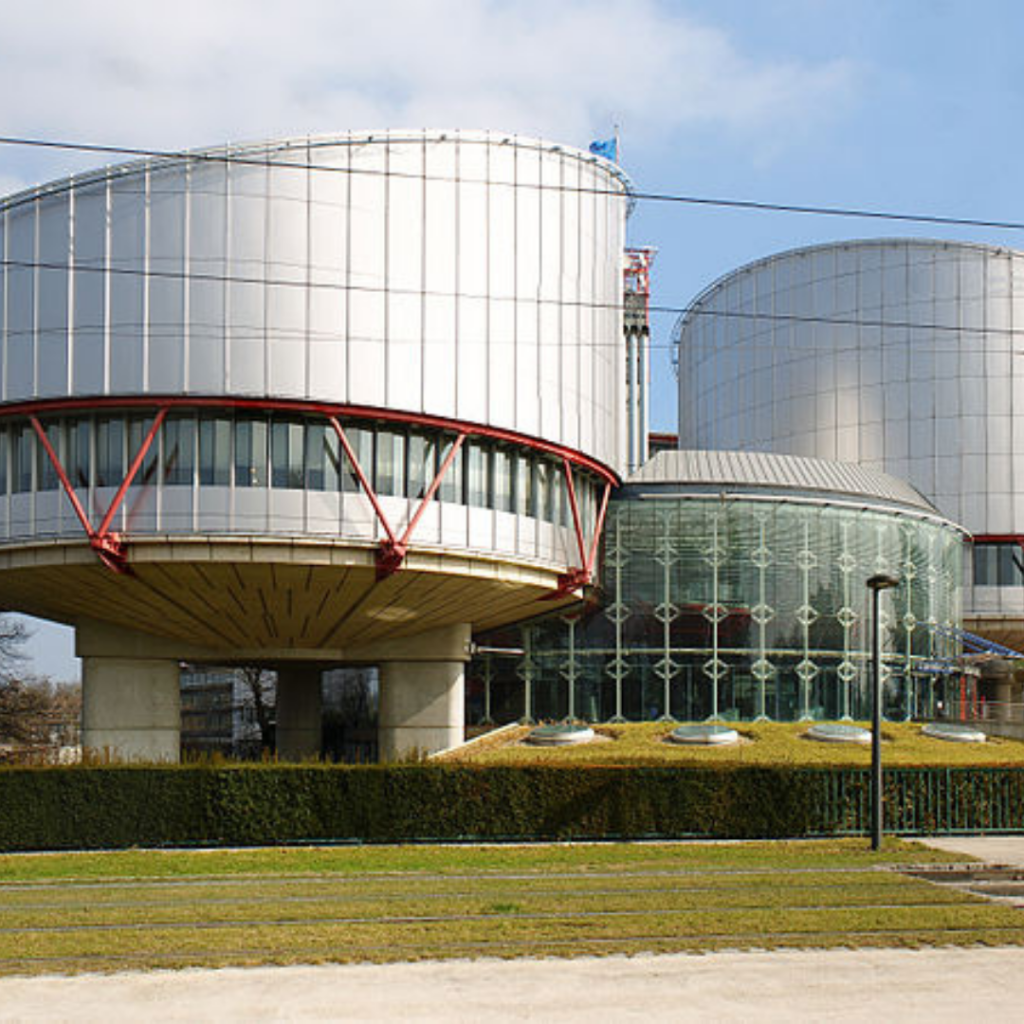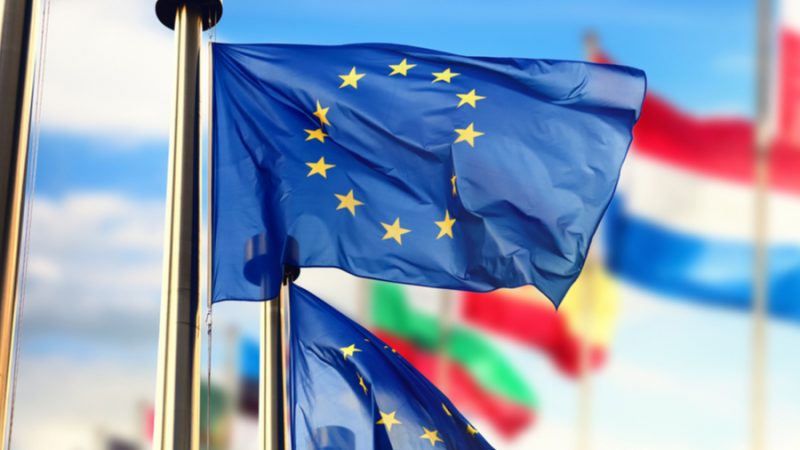Poland
Categories Score
The full bar chart stands for 100%, and is filled by the country category score. The colour display uses the traffic light palette, with Green representing a score closer to 100% and Red a score closer to 0%.
ASYLUM
This category looks into laws that expressly include SOGISC as a qualification criteria for seeking asylum. We also take into account other legislation, policies, instruction or positive measures by state actors that are related to asylum addressing the needs and rights of LGBTI asylum seekers and refugees.
Criteria Compliance Ratio
Each pie charts stands for a category and is divided in slices by criteria. When a country complies with a criteria – fully or in some regions – the slice is coloured.
Keep in mind the criteria have different weighting factor within a category; for example, the criteria Prohibition of medical intervention without informed consent (intersex) stands for half (2.5%) of the INTERSEX BODILY INTEGRITY category weighting factor (5%). Meaning that even if a country can only comply with this specific criteria within the category (1/4 total criteria) the category scores 50%.
More information on the categories and criteria weighting factors here.
Category & Criteria Table
The table lists detailed information and insights on legislation supporting each criterion status. Please use the filters for in-depth analysis.
n/a = not applicable, meaning the criteria didn’t exist in the previous Rainbow Map edition (PROGRESSION column)
- Complies
- Applicable in some regions only
- Does not Comply
RECOMMENDATIONS
In order to improve the legal and policy situation of LGBTI people in Poland, ILGA-Europe recommend:
- Adopting legal measures to recognise and protect same-sex couples, such as registered partnership.
- Adopting legislation to allow same-sex couples to have access to second parent adoption.
- Introducing hate crime laws that explicitly cover all bias-motivated crimes based on SOGIESC (sexual orientation, gender identity, gender expression and sex characteristics).
Annual Review of Poland
In our Annual Review of the Human Rights Situation of LGBTI People in Europe and Central Asia, we examine the advances made and provide concrete examples of on-the-ground situations at national level country-by-country in the 12 months from January to December 2024.
Read our Annual Review of Poland below for more details and stories behind the Rainbow Map. You can also download the Annual Review chapter (.pdf) covering Poland.
-
In January, Deputy Minister of Justice Krzysztof Śmiszek announced plans for a new “hate speech” law. Modelled after existing Article 256 of the Penal Code, the new legislation will expand protections to include gender, gender identity, sexual orientation, age, and disability. In March, a draft amendment to the Penal Code was published on the Government Legislation Centre’s website. The draft introduced stricter penalties for hate speech, violence, and criminal threats, including those targeting LGBTI people.
In May, the text passed all stages at the Government Legislative Centre but the final decision for the approval was postponed pending further regulations. Instead, the Prosecutor General established a special team to analyse current responses to such crimes and draft new guidelines for law enforcement. Since then, a second bill on hate speech and hate crimes was presented at the end of October by the Ministry of Justice. One of the most notable differences between this bill and the version proposed in March is the omission of gender identity as a protected category against hate crimes or discrimination. The bill underwent only five days of public consultation before it was accepted by the government and sent to parliament. The first reading in the lower chamber, the Sejm, was scheduled for December 19. Following the first reading, the bill continues to be debated.
Adam Szczepkowski, mayor of Grunwald in Warmian-Masurian Voivodeship, has been sentenced to a suspended prison term by the court in Elbląg. The ruling followed a letter he sent in 2020 to Prime Minister Mateusz Morawiecki, which included defamatory claims about local councillors. Among other claims, Szczepkowski notably revealed private details about the sexuality of another councillor’s daughter.
In March, the National Broadcasting Council (KRRiT) imposed a fine of nearly PLN 20,000 on TVN for the transphobic remarks made by satirist Krzysztof Daukszewicz during an episode of “Szkło Kontaktowe.”
Public Television (TVP) has been condemned to issue apologies following its broadcasting of the homophobic program “Inwazja” (“Invasion”) in 2019. The case, brought by KPH and activists, argued that the program violated the personal rights of LGBTI people, activists, and organisations portrayed in a discriminatory manner. While TVP initially appealed after losing in the first instance, they eventually withdrew their appeals.
In September, the Sejm Petitions Committee submitted a draft amendment to the Penal Code to the Justice and Human Rights Committee. The amendment proposes tightening penalties for disclosing someone’s sexual orientation without their consent.
Under the proposed regulations, those found guilty of such actions could face a fine, restriction of liberty or imprisonment for up to one year. The proposed changes have not yet been enacted into law.
-
In June, participants of the Olsztyn Equality March participating in the event’s official afterparty were attacked twice. The perpetrators shouted homophobic slogans and used pepper spray. Two perpetrators were detained by the police.
In August, LGBTI activists holding rainbow flags and banners in a parade opening a pottery festival in Bolesławiec, a town in south-western Poland famous for its pottery-making traditions, were attacked by a group of men who threw bottles at them and physically assaulted them, resulting in one woman being hospitalised. The town’s mayor criticised the activists’ participation in the event and unsuccessfully tried to have them removed from the festival.
-
A National Bureau of Economic Research (NBER) working paper found that annual suicide attempts rose by 16% following the enactment of anti-LGBTI legislation in Poland.
According to a Ipsos + Pride survey, 67% of Poles support same- sex marriage or legal recognition of relationships. The survey also reveals that 61% of Poles recognise significant discrimination against trans people, 47% support LGBTI people discussing their sexual orientation and gender identity publicly, while 33% are comfortable with non-heterosexual couples showing affection in public.
Another Ipsos survey, conducted in September 2024, found that 62% of respondents support registered civil partnerships for same-sex couples (33% do not). According to the survey, 50% of Poles support extending parental rights of a biological parent to their same-sex partner, with 65% supporting the parental rights of a same-sex partner of a biological parent in case of the biological parent’s death (and only 29% against). 51% support marriage equality and 35% support adoption rights for same-sex couples.
According to a survey from March 2024, the majority of Polish society supports guarantees for children in the civil unions bill, the support is also high in voters for every part of the ruling coalition.
-
In January, Katarzyna Kotula, Minister for Equal Opportunities, announced her endorsement of the annual “LGBT-friendly schools” ranking organised by civil society actors in collaboration with the European Commission.
In April, the government announced the introduction of a new subject, “Health Education,” in both primary and secondary schools.
In August, the organisation Ordo Iuris, issued a publication arguing against addressing school students by their preferred names and pronouns by school staff and faculty.
-
In January, the LGBTI flag made a reappearance on Poland’s Morning TV, as two activists from Rainbow Poland were invited by the network to discuss the place for LGBTI people in Polish media. The broadcast represented the first time the LGBTI flag appeared on TV in eight years due to a now-lifted ban on LGBTI topics in the media.
In February, the Voivodeship Administrative Court in Warsaw annulled a 2019 declaration by the City Council of Mordy rejecting alleged LGBTI influences on social life. The court ruled that the local government lacked the authority to issue a resolution deemed discriminatory and inconsistent with Polish and international law.
In February, TVP presenter Wojciech Szeląg issued a public apology for the channel’s previous treatment of LGBTI people.
In May, a leadership crisis within the Volunteer Equality Foundation triggered a split among Pride organisers in Warsaw. This conflict resulted in three separate marches: one organised by the foundation, supported by Warsaw Mayor Rafał Trzaskowski, and others by existing volunteers and the Praga Equality Collective.
Following a shift in both the mayor’s office and the council majority, in May, the Radzyń Podlaski Council repealed its discriminatory Local Government Charter of Family Rights, ending the region’s LGBT-free zone status. At the time of writing there are only three LGBT-free zones remaining in Poland, all located
in Podkarpacie, and the Ombudsman for Human Rights has submitted a letter to the local authorities advocating for change.
-
In January, the Polish government initiated work on the Civil Partnership Act, by sketching out public consultations with civil society representatives. Poland’s Minister for Equality announced the government’s intention to legalise same-sex marriage, criticising the previous PiS government’s persecution of women and LGBTI people.
In April, Polish Prime Minister Donald Tusk announced that the government has prepared a bill on civil partnerships. However, he stated that the proposal will not be introduced until there is certainty that the parties within the ruling coalition will support it. The Minister of Equality, during an interview on TVP Info, announced that all necessary preparations regarding the Civil Partnership Act have already been completed.
In May, the Civic Coalition intensified efforts to persuade the Polish People’s Party (PSL) to support the civil partnership bill. Amnesty International, along with the Campaign Against Homophobia and the Love Does Not Exclude association, also called on PSL politicians to back the bill amid disagreements with the section on same-sex adoptions.
In June, the Minister of Equality confirmed that the draft law on civil partnerships would be introduced by the government instead of the parliament. This process entails preparation and approval by the relevant ministry and the Council of Ministers before its presentation to the Sejm. In mid-October, the proposal was eventually submitted by the Government. The proposal seeks to introduce the possibility for couples to register their partnerships at the Registry Office, responding to the needs of same-sex couples who lack access to marriage, as well as different-sex couples in informal relationships who, for various reasons, cannot or choose not to marry. Throughout the month of November the bill was the subject of public consultations but the perspectives of CSOs have not been made public at this time.
In February, a Civic Platform (PO, EPP) MP Agnieszka Pomaska noted a growing shift towards supporting LGBTI rights in Poland. Nonetheless, she also acknowledged the long way to go before legalising same-sex marriages.
In May, Warsaw witnessed the first public blessing of a same-sex couple in Poland.
In September, the ECtHR ruled against Poland in a legal case involving two same-sex couples. The court ordered Poland to recognise the marriages of the couples, who had married in the UK and Denmark. Poland’s government had previously resisted this, citing national laws that only recognise heterosexual marriages.
-
In February, the “Stop LGBT” initiative launched a public campaign aimed at banning all gatherings that “promote non-heterosexual orientation” or “challenge the traditional man-woman relationship.”
This campaign was accompanied by a bill seeking to amend the law on associations in a way that would effectively prohibit Pride marches and similar events. The bill was introduced to the Sejm by a citizens’ committee, and under parliamentary rules, the newly elected Sejm was obligated to continue working on it, even though legislative work typically ends with the conclusion of a parliamentary term. During the bill’s presentation in the Sejm, members of the citizens’ committee used inflammatory language and made derogatory remarks against LGBTI individuals, prompting the speaker of Parliament to intervene multiple times. Despite the heated rhetoric, the Sejm ultimately rejected the “Stop LGBT” bill.
-
In January, the District Court in Częstochowa discontinued proceedings related to an image of the Virgin Mary with a rainbow halo. The imagery was used in an equality march in August 2021 and was initially claimed to have desecrated a religious icon. In February, the Polish Supreme Court dismissed further Cassation appeals regarding the case, deeming the appeals as “obviously groundless.” However, concerns have been raised regarding the status of the Supreme Court’s Chamber of Extraordinary Control and Public Affairs (Izba Kontroli Nadzwyczajnej i Spraw Publicznych) and the legitimacy of some of its judges, which may cast doubt on the impartiality of the proceedings. In response, former Prosecutor General Zbigniew Ziobro submitted an extraordinary complaint which was removed by Prosecutor General Ministry of Justice Adam Bodnar after he received an open letter from civil society organisations advocating for the review of politically motivated prosecutorial proceedings and the rehabilitation of victims. The Częstochowa case remains open, and a decision by the Supreme Court is awaited. In March, the Supreme Court was expected to rule on cassation appeals in another case involving activists accused of insulting religious feelings for placing rainbow-halo stickers of the Virgin Mary near a church in Płock in 2019. Cassations had been submitted by regional prosecutors and private accusers, but after the change of government, the prosecutor’s cassation appeal was removed. The Supreme Court deemed the remaining private accusers’ appeals “obviously groundless,” concluding the case, with the defendants found innocent.
-
In July, the European Court of Human Rights (ECtHR) judged the case W.W. versus Poland. The case concerned the situation of a trans woman in the national prison system. According to the Court, Poland did not meet the requirements set out by art. 8 of ECtHR by failing to provide access to medication and hormonal therapy. However, the Court did not share the complainants’ argumentation on the alleged violations of art. 2 and art. 3 of the ECtHR. In response, the Prison Services announced the establishment of a special team tasked with analysing the situation of trans prisoners.
In October a report by Rzeczpospolita detailed significant issues for trans people in the prison system such as the denial of continued hormone replacement therapy, lack of access to medical professionals, and even refusal of basic items like bras and headbands. The report also shed light on the harsh conditions faced by trans prisoners, including solitary confinement and harassment from both fellow inmates and prison staff. The report noted that following a ruling from the ECtHR (see above), the Polish Prison Service is expected to address and resolve these ongoing problems.
-
Ordo Iuris, an ultra-conservative Polish advocacy and legal organisation, petitioned the parliament to introduce legislation banning access to trans-related healthcare, including surgical procedures, hormone replacement therapy and puberty blockers, for minors and people diagnosed with any mental illness. In July, the parliamentary Petition Commission referred the matter for further proceedings in two other commissions (the Justice and Human Rights Commission and the Health Commission).
In August, the Ministry of Health established the Department of Equality in Health (Departament Równości w Zdrowiu), which will specifically focus on advancing healthcare policies and services for LGBTI persons, with particular emphasis on the needs of non- binary and trans individuals.
-
In May, Krakow Mayor Aleksander Miszalski announced his willingness to participate in the city’s Pride march and said the rainbow flag would also be raised at the town hall.
In May, the parliamentary team for LGBTI equality held a meeting focused on the situation of trans people in Poland. The meeting included input from parents of transgender youth, who proposed legal, educational, and healthcare reforms to improve the conditions for young trans people.
In June, Ombudsman Marcin Wiacek underscored the necessity for Poland to align its legal framework with a 2023 ruling by the ECtHR declaring that the Polish government has an obligation to legalise civil unions of same-sex couples.
In February, the Ombudsman’s office issued an updated version of the guidelines for judges and lawyers on proceeding legal gender recognition cases. The publication was prepared by numerous lawyers and practitioners who are experts in this field. The Ombudsman has submitted the guidelines to courts in Poland.
As a consequence of the ECtHR judgement in the W.W. v. Poland case, the intervention of KPH in the Ministry of Justice, and intervention of the Human Rights Ombudsman’s office, the General Director of Prison Service declared the will to establish a working group of trans persons in prisons.
-
In January, the Supreme Court decided to refer a significant case concerning which relatives of trans people should be involved in gender change proceedings to the entire Civil Chamber. In January, the General Prosecutor and Minister of Justice Adam Bodnar withdrew Zbigniew Ziobro’s request which started the procedure. However, the Supreme Court has not discontinued the proceedings and has not set a date of seating yet.
In February, the CoE’s Commissioner for Human Rights highlighted concerns over the lengthy process of gender reassignment court cases.
In March, the government published a draft amendment to the Regulations on the Operation of Common Courts. The amendment was enacted on 1 October. The amendment proposed introducing the possibility for those submitting documentation to request a change of their gender marker to request their case to be classified as urgent to ensure their timely assignment to judges under the Random Case Assignment System and their prioritisation in court scheduling.
-
The “Iron Man” exhibition, organised by the Mieszkanie Gepperta Gallery under the Art Transparent Contemporary Art Foundation, was cancelled after receiving backlash for its explicit nature.
In May, TVP3 Poznań launched “Talks of the Day,” an educational program aiming to educate viewers and dispel myths and prejudices about LGBTI individuals.
In October, the District Court in Warsaw acquitted the leaders of the Women’s Strike—Marta Lempart, Klementyna Suchanow, and Agnieszka Czerederecka-Fabin—of charges related to organising the Black Protests following the Constitutional Tribunal’s ruling. This decision marks a significant legal victory for the activists, who had faced charges for their involvement in the large-scale demonstrations.
-
A priest was sentenced to 18 months in prison for sexual and drug related offences. He had been arrested and charged in connection with a gay orgy in which one of the attendees collapsed due to an overdose of erectile dysfunction pills.
Mariusz Dzierżawski, a board member of the Pro-Right to Life Foundation, was sentenced to 20 hours of community service per month by the District Court in Gdańsk. The conviction followed Dzierżawski’s involvement in the organisation of a controversial street campaign equating members of the LGBTI community to paedophiles.
In June, in Warsaw, six people were detained for attempting to disrupt the Equality Parade by organising a counter- demonstration.
In June, Poland’s Prosecutor’s Office announced it will cease investigating same-sex marriages conducted abroad. This decision derived from the revocation of a policy implemented by the previous right-wing government that required such marriages to undergo scrutiny.
The full Annual Review for 2025 is available here.

